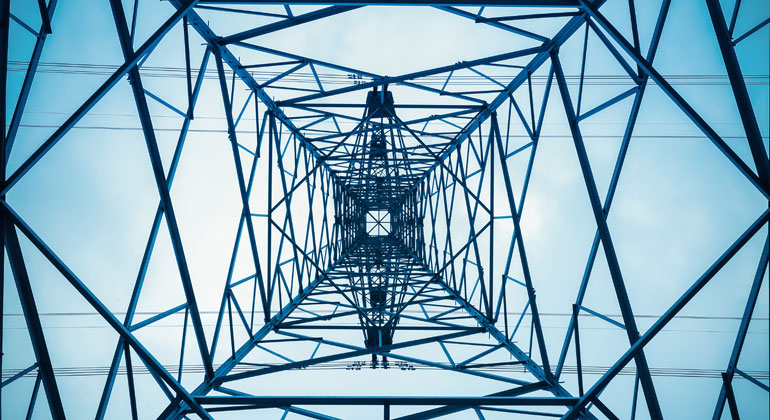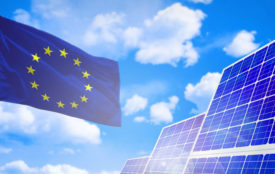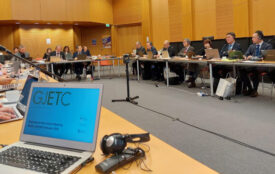CO2 pricing for emissions in heating and transport sectors to start in new year in Germany
National emissions trading system for fuels creates more incentive for climate protection.
Germany is set to launch the national emissions trading system for fuels on 1 January 2021. The trading system is intended to help reduce CO2 emissions in the heating and transport sectors. Until 2022, petrol, diesel, heating oil, liquefied petroleum gas and natural gas will initially be part of the national emissions trading system. Other fuels will gradually be included in the system. “Germany must become greenhouse gas neutral by 2050. This will only work if all sectors play their part. National emissions trading for fuels in the transport and heating sectors is an important step, because it means that their CO2 emissions will also carry a price,” says President Dirk Messner of the German Environment Agency (UBA). The German Emissions Trading Authority (DEHSt) at UBA is responsible for the implementation of the national emissions trading system as well as for EU emissions trading, which has been limiting greenhouse gas emissions from power plants, industrial plants and intra-European air traffic since 2005.
Businesses and citizens who use fossil fuels for heating or driving, for example, do not participate directly in national emissions trading. Instead, those who bring these fuels into the fiscal economy are obliged to participate. The parties which place fuels on the market include wholesalers of fuels, gas suppliers or companies in the mineral oil industry that are liable to pay energy tax. For each tonne of CO2 produced by the combustion of these fuels, the party placing the fuel on the market must acquire a corresponding emissions certificate and surrender it to the DEHSt.
National emissions trading will start with a fixed price of 25 euros per tonne of CO2 in 2021. This corresponds to increases of around 7 cents per litre of petrol, 8 cents per litre of diesel, 8 cents per litre of heating oil and 0.6 cents more per kilowatt hour of natural gas (in each case including VAT). The fixed price for allowances will gradually increase to 55 euros by 2025. From 2026, the CO2 price will be determined by auctioning, with a price corridor of 55 to 65 euros set for 2026.
“The parties responsible for placing fuels on the market will as a rule pass on the costs of purchasing the certificates to consumers, and fossil fuels will thus become more expensive. Saving energy for heating and hot water, a more economical car or switching to cycling, bus or train will then make even more financial sense,” says Dirk Messner. The revenues from national emissions trading flow into the federal government’s Energy and Climate Fund, which finances a wide range of measures for climate protection, energy efficiency and renewable energies. A large part of the revenue is used to reduce the EEG surcharge. In this way, national emissions trading curbs the cost of electricity for consumers.
Jürgen Landgrebe, Head of Division “Climate Protection, Energy, German Emissions Trading Authority” at the German Environment Agency, says, “A CO2 price can be very effective in reducing emissions, as we can see from the EU Emissions Trading Scheme. In 2019, German plants reduced their emissions by some 14 per cent. This is also due to the good price signals that we owe to the recent reform of the European system.”








